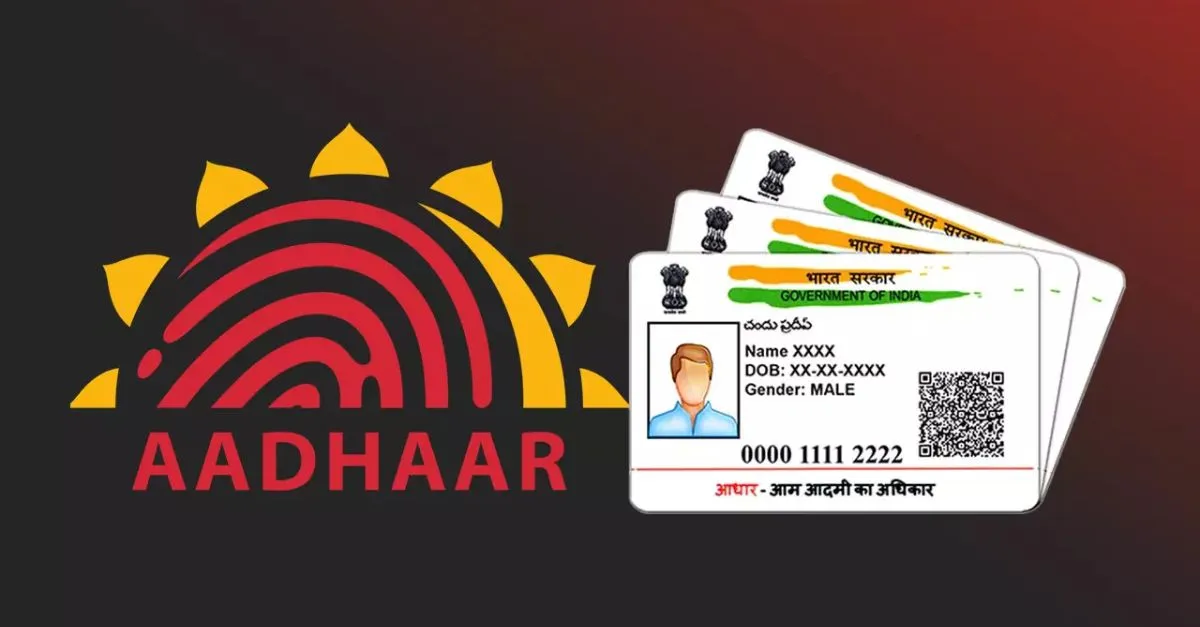- By Yashashvi Tak
- Fri, 11 Jul 2025 12:54 PM (IST)
- Source:JND
The Unique Identification Authority of India (UIDAI), while originally allowing Aadhaar enrolment without rigorous scrutiny as it was conceived solely as a proof of identity and not of citizenship, has recently tightened its processes. Now, only verified adults are eligible to enrol for the unique ID.
Looking ahead, UIDAI plans to access online databases of passports, ration cards, and birth and matriculation certificates to verify information during both enrollment and updates, aiming to make Aadhaar more robust and foolproof.
Adhaar Section 9 States Its Not A Proof Of citizenship
While Section 9 of the Aadhaar Act clearly states that Aadhaar is not proof of citizenship or domicile, recent measures aim to ensure that only Indian citizens receive the unique ID number. Over the past 15 years, more than 140 crore Aadhaar numbers have been generated, including for individuals who have since passed away, bringing adult coverage close to saturation. With Aadhaar now being issued to infants soon after birth, the government has decided to tighten the norms for new adult enrolments.
To prevent illegal immigrants from obtaining Aadhaar through forged or fake documents, the responsibility of verifying applicants' credentials has, in recent years, been placed on state authorities. Aadhaar is now issued only after rigorous checks via state portals. This shift comes in response to earlier concerns that illegal immigrants were acquiring Aadhaar and subsequently using it to access other forms of identification and public services.
“It is going to be difficult for any illegal immigrant to now get Aadhaar,” said an official, highlighting a clear shift from the earlier, often lax or barely enforced, enrolment norms.
According to the TOI report, if illegal immigrants manage to use Aadhaar to clear the State Identification Register (SIR) of electoral rolls, the chances of new entrants leveraging it to obtain other documents, and ultimately, citizenship, remain minimal. To further tighten checks, UIDAI has developed a new tool that adds an additional verification layer for both Aadhaar enrolment and updates.
This tool cross-references documents available online, including driving licenses, PAN cards, MNREGS records, and, in the future, utility bills like electricity statements. These documents align with centralized KYC norms, helping to establish a consistent and verifiable identity.


